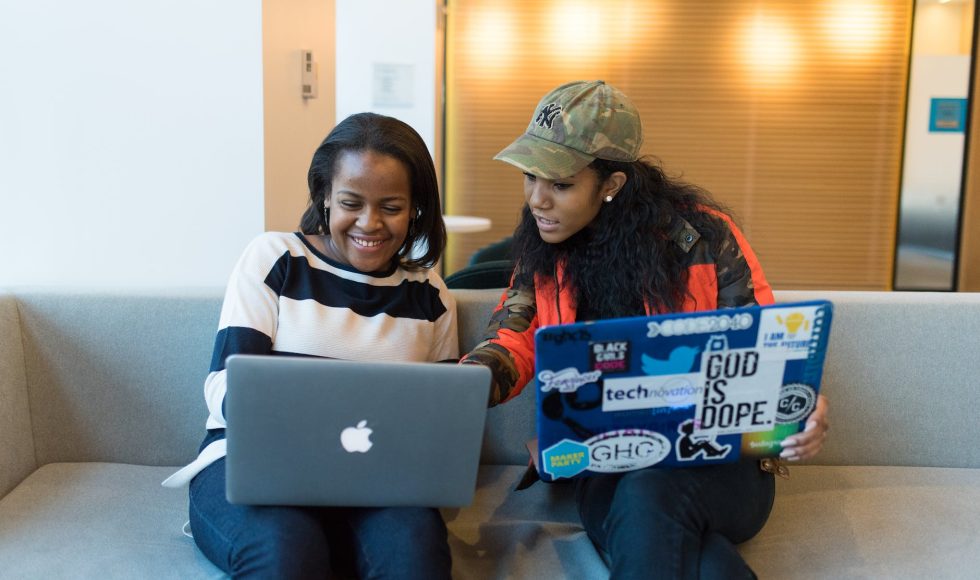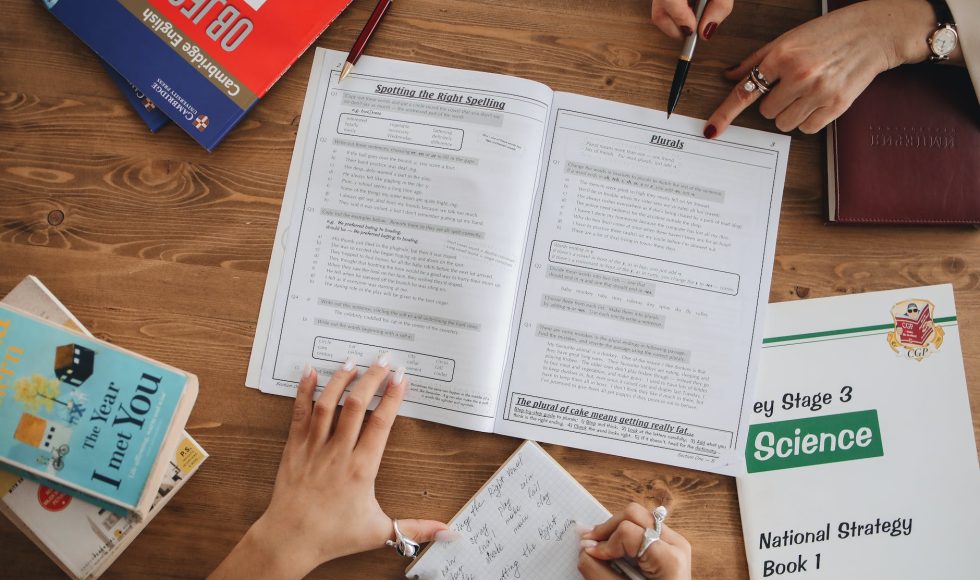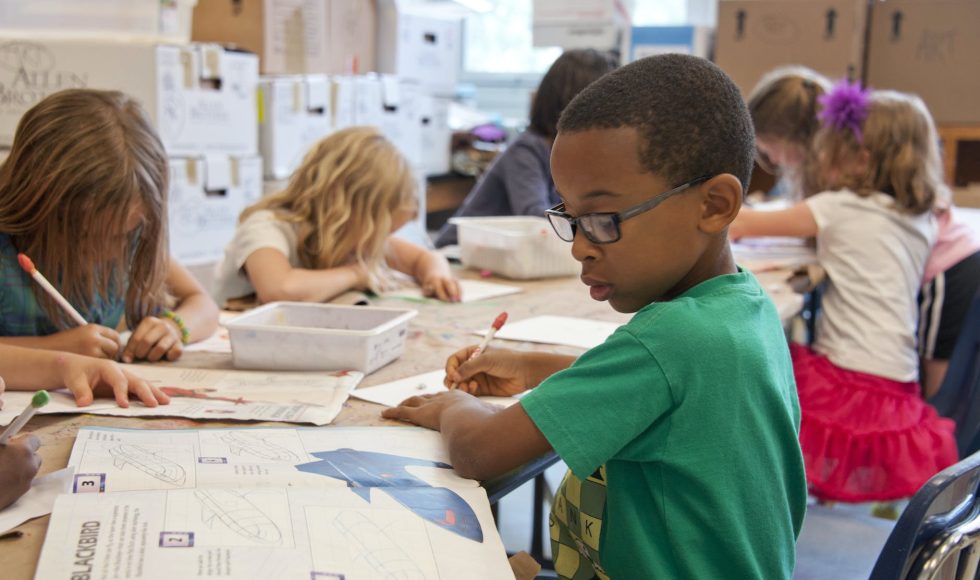Mantas Sereika from Aalborg University in Denmark presented at the nanopore Community Meeting 2022 on “Targeted deep metagenomics for the recovery of novel closed microbial genomes from highly complex communities.” I thought this ten-minute session had an intriguing title, as I begin to wonder what we will do next in the BIT 295 course in […]
I am continuing with the JMBE Live YouTube playlist, and tonight I watched the recording for the session entitled “M-LoCUS: A Scalable Intervention Enhances Growth Mindset and Internal Locus of Control in Undergraduate Students in STEM” presented by Jeff Maloy. The session started with a Menti poll to gather information about the audience and their […]
This morning the ASCN group hosted Maha Bali. It was a fun session and timely, as tonight I am watching the keynote of the Alternative Assessment Institute 2022. It was really interesting to watch the session after having participated in one earlier. Bali shared slides at: https://bit.ly/altassessBali Bali starts with a check in to learn […]
Suzanne Wakim presented a session entitled “Adaptable Assessment Design” at the Alternative Assessment Institute 2022. Wakim is a biology and honors faculty at Butte Community College in California. Wakim also trains faculty in online course design. They spoke about disasters and the need to shift to online education. Wakim noticed that courses with adaptable assessments […]
Yasser Atef presented at the Alternative Assessment Institute 2022 on the experience of a visually impaired student. Atef is at the American University in Cairo, Egypt. Atef shared their experience and spoke about self-reflection, self-assessment forms, and digital narratives. Atef explained how they navigate assessments and use self-assessment forms to enhance their learning. They spoke […]
Marta Samokishyn and Victoria Tsonos from Saint Paul University presented at the Alternative Assessment Institute 2022 on Incorporating Alternative Assessment Methods. Saint Paul University is in Ottawa, Ontario, Canada. The presenters started by explaining that Saint Paul is a small bilingual Catholic university that offers all programs in English and French. The university has ~1,300 […]
Tonight I watched the ASMCUE 2022 microbrew “Teaching microbiology with poetry: Connecting lower and higher order cognitive skills.” Suparna Chatterjee has two Ph.D. degrees: one in microbiology and one in curriculum and instruction! They presented this short microbrew on their approach to teach microbiology with poetry at Arkansas Tech University. Chatterjee teaches several courses and […]
I continue to watch ASMCUE 2022 sessions even though my eye hurts today! I watched a couple of sessions from BIT instructors, and now found Heather Townsend’s recorded session entitled “Fostering Scientific Literacy through the Identification of Credible Sources.” Townsend is a good friend, and we have worked together for a couple of years now. […]
Tonight I watched an ASMCUE session by Jenna E. Smith, Assistant Professor of Biology and Millikin University. I had watched this session earlier this summer. I remember being excited and intrigued. The activity Smith designed was to teach resting membrane potentials. This activity has been used in Smith’s anatomy and physiology course. Students must know […]
Tonight I watched the recorded CAST UDL Symposium session by Blake Mickle Beckett entitled “Classroom Learners in Conversation about Neuroscience, Identity, and Culture.” Beckett started with her professional path and supporting her son with dislexia. During her dissertation, Beckett worked on a study focusing on five students. Beckett explained the methodology and the coding. She […]











